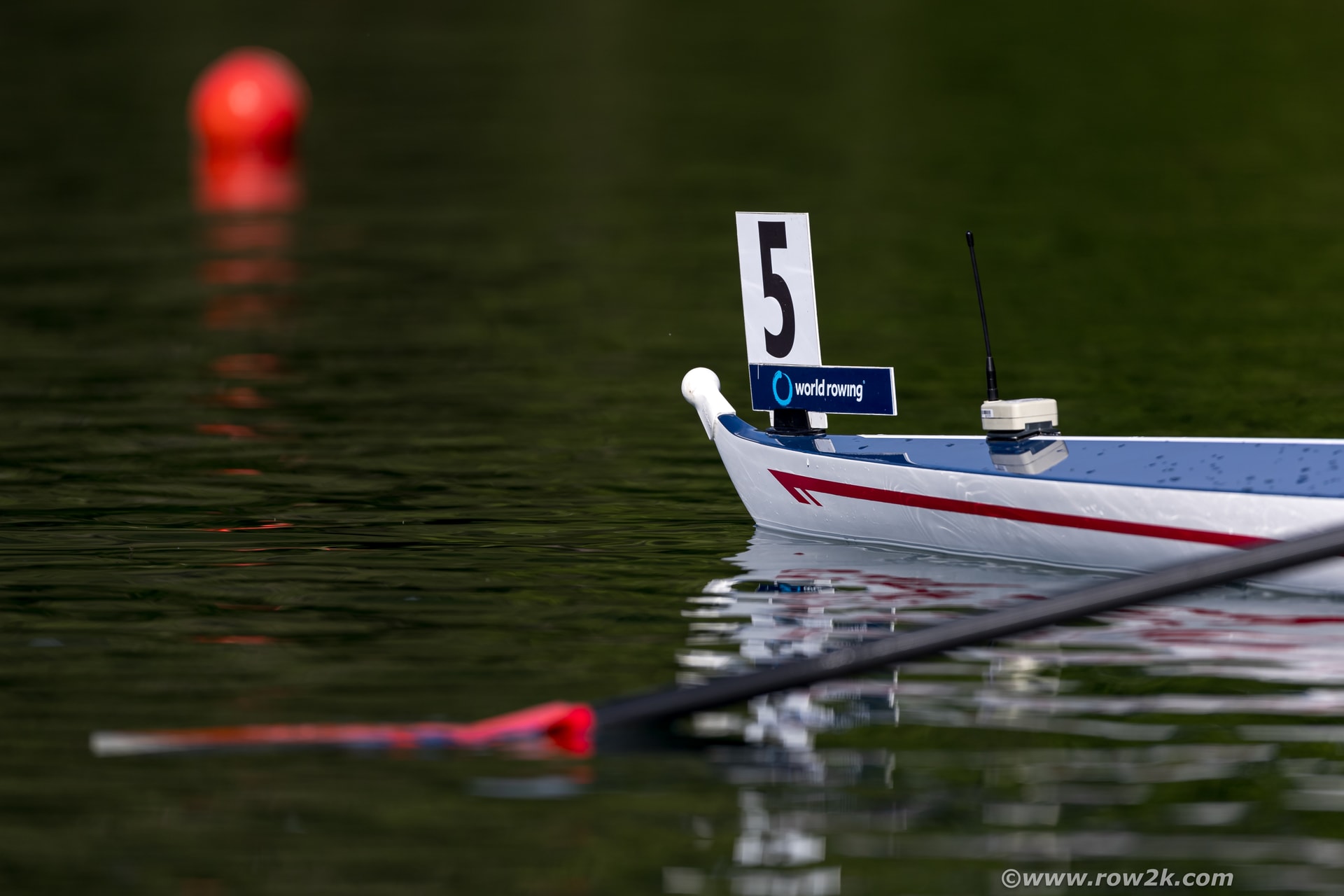Learn About Rowing

Equipment
If you are new to rowing, there are many interesting and new things that you'll discover, including the equipment used in the sport. At the most fundamental level, there are boats (also known as sculls and shells), and there are oars, plus the components of each. The following is a basic description of the equipment to help in your understanding.

Oars
Oars move the boat through the water and act as balancers. Sweep oars are longer than sculler's oars and have wooden handles instead of rubber grips. The shaft of the oar is made of extremely lightweight carbon fiber instead of the heavier wood used years ago.
The popular "hatchet" blade, named because of its cleaver-like shape, is about 20 percent larger than previous blades. Its larger surface area has made it the almost-universal choice among world-level rowers.

The Boats: Sculls and Shells
All rowing boats can be called shells. Rowing boats with scullers in them (each person having two oars) are called sculls, e.g., single scull, double scull, quadruple scull. So, all sculls are shells but not vice versa! Originally made of wood (and many beautifully crafted wooden boats are made today), newer boats, especially those used in competition, are made of honeycombed carbon fiber. They are light and appear fragile but are crafted to be strong and stiff in the water.
The smallest boat, the single scull, is approximately 27 feet long and as narrow as 10 inches across. At 58 feet, the eight is the longest boat on the water.
The oars are attached to the boat with riggers, which provide a fulcrum for the levering action of rowing. Generally, sweep rowers sit in configurations that have the oars alternating from side to side along the boat. But sometimes, most typically in the 4- or 4+, the coach will rig the boat so that two consecutive rowers have their oars on the same side to equalize individual athlete power.
Coastal
Coastal rowing shells are used to compete in coastal rowing. The shells used are less expensive and sturdier than racing shells used for sculling and sweeping since they must be able to fight through waves. The shells are wider than racing shells and designed with leveled off sterns to move water out of the shell.
Rowing Machine
The rowing machine is called an ergometer, erg for short. This is used in indoor competition and a main training source off the water. The standard erg test is 2,000 meters, a grueling distance that requires mental strength, endurance, and power. The ergs are used by teams in the winter who do not have the use of their waterways. The erg is one of the ways coaches can determine the fitness, strength, and toughness of a rower.

Education
The Launch

Safeguarding
Report a Rowing Safety Incident

Discover























